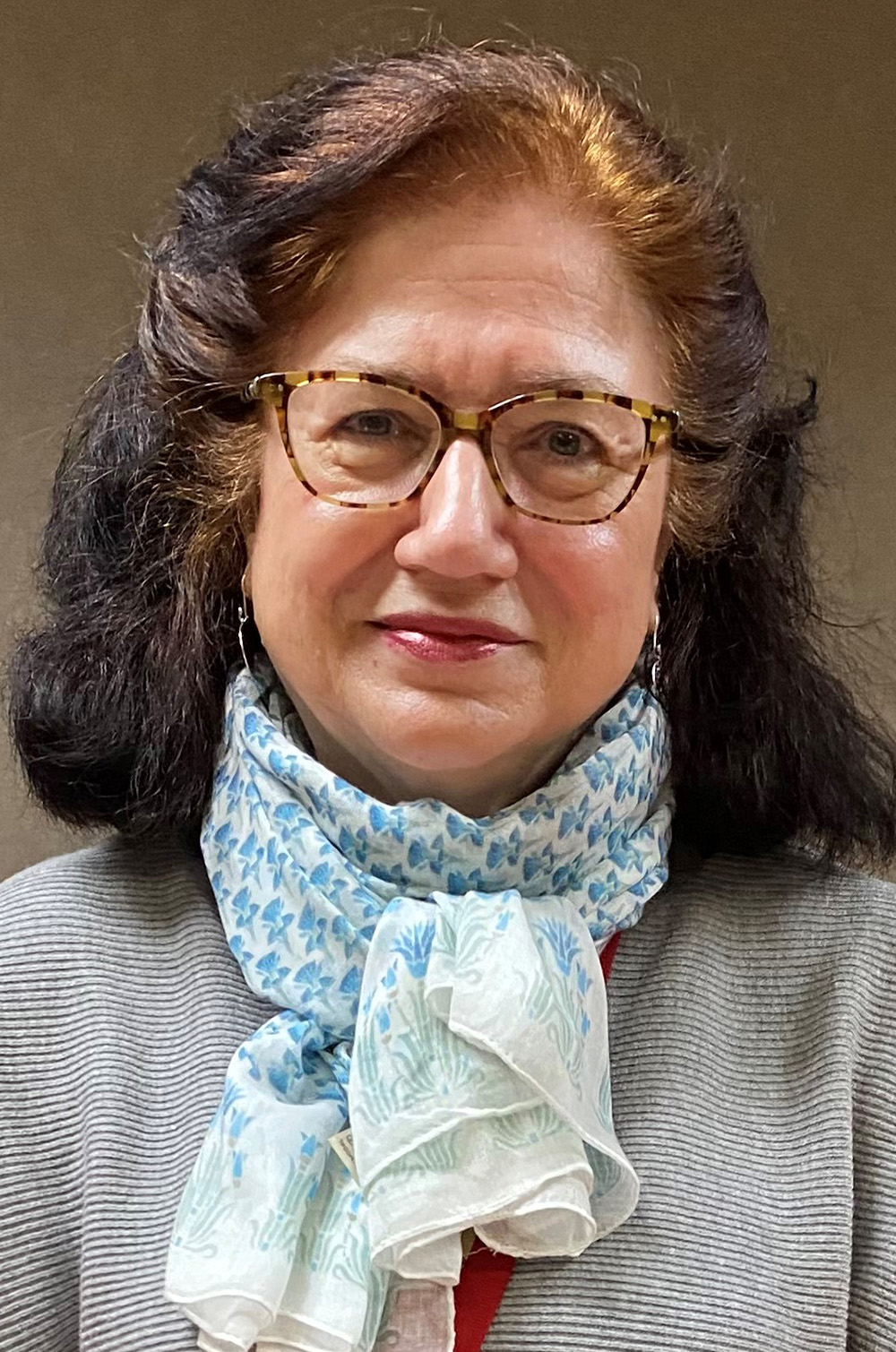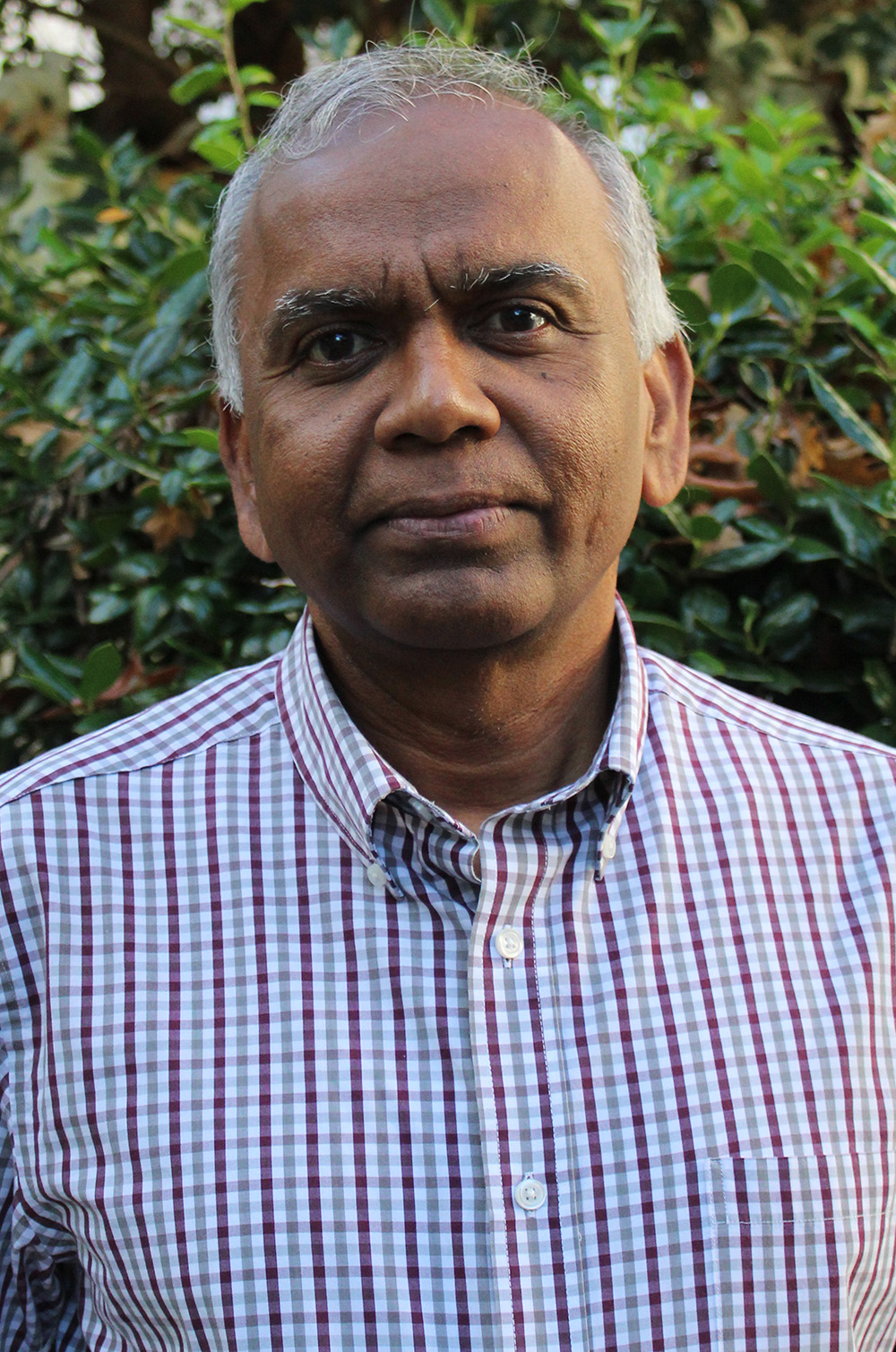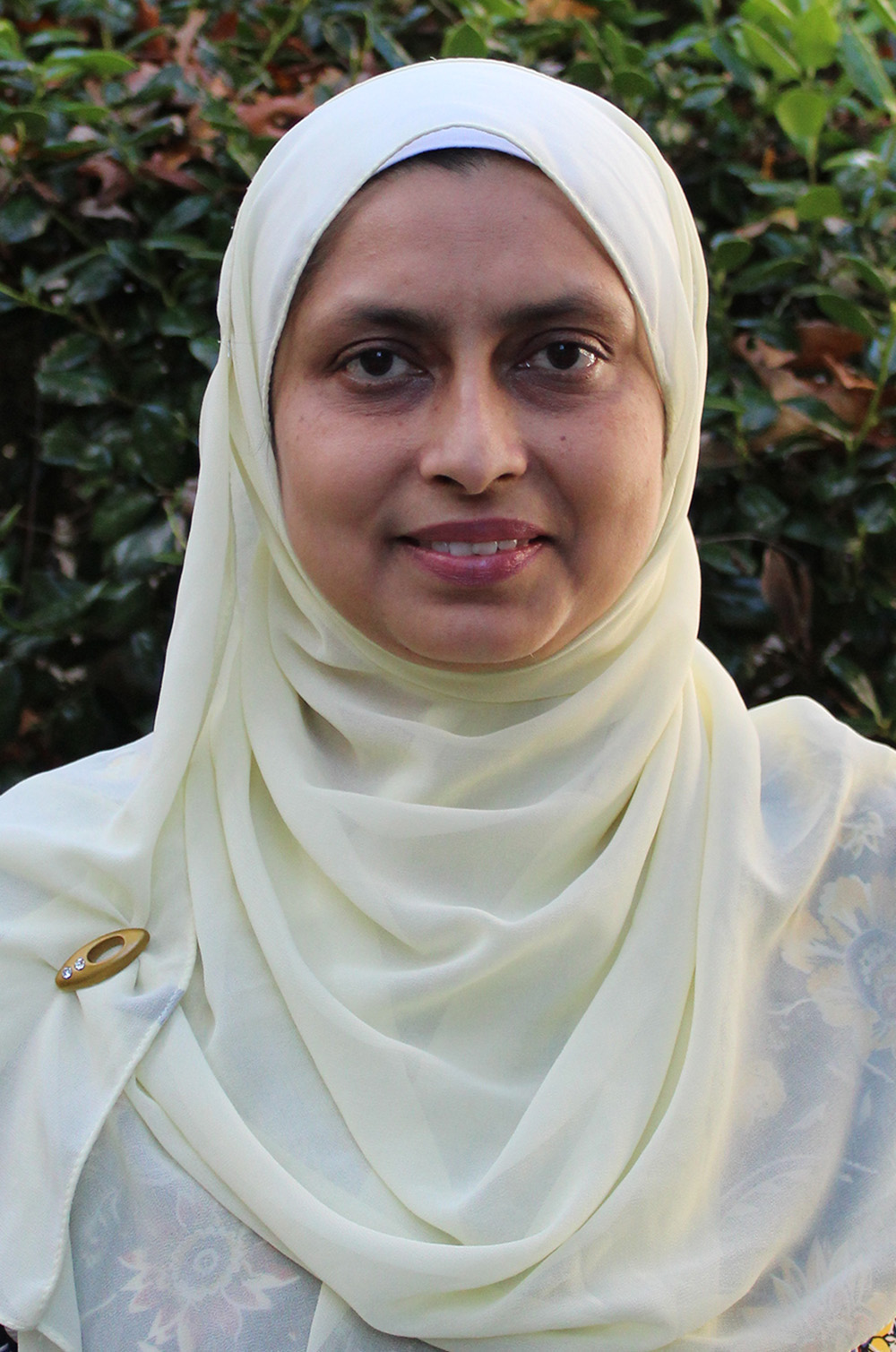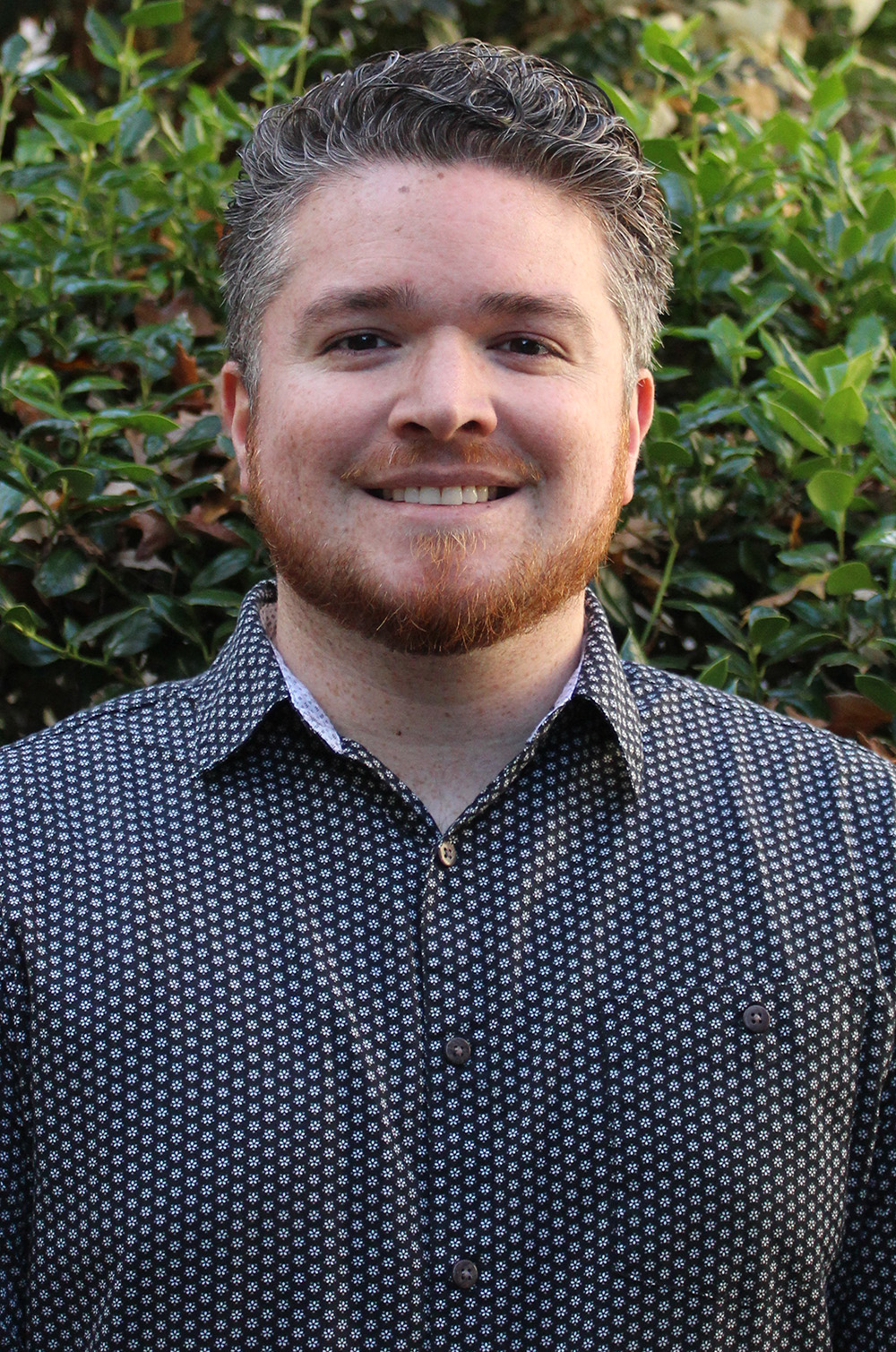Yoland Smith, PhD

Lead Scientist, Project 3: Connectome of Motor Corticofugal Neurons in Parkinsonian Animals
Yoland Smith received his PhD degree in Neurobiology from Laval University, Quebec, Canada in 1988. Through the use of immunocytochemistry and tract-tracing methods, he published series of manuscripts that contributed significantly to our current knowledge of the circuitry and chemical anatomy of the primate basal ganglia. He then spent two years of postdoctoral training at the MRC Unit in Oxford, where he learned various electron microscopy techniques that he used to elucidate various aspects of the synaptic microcircuitry of the basal ganglia. He then joined the faculty in the Department of Anatomy of Laval University in Quebec where he spent five years (1991-1996) developing a research program that focused primarily on the synaptic organization of the primate basal ganglia. In 1996, Dr. Smith moved to the Yerkes National Primate Research Center at Emory, where his research program includes of a multidisciplinary team that uses techniques in neuroanatomy, electrophysiology and behavioral pharmacology to study the synaptic microcircuitry and plasticity of GABA and glutamate systems in the basal ganglia of normal monkeys and animal models of Parkinson's disease.
Lab Members

Rosa Villalba, PhD
Rosa Villalba obtained her PhD in neuroscience at the Cajal Institute (CSIC) and the Complutense University of Madrid (Spain) in 1991. Subsequently, Dr. Villalba was employed as junior a faculty member in the Department of Cell Biology and Genetics at the University of Alcala de Henares (Madrid-Spain), and in the Department of Morphology and Physiology at the European University of Madrid (Spain). In 1999, she joined the laboratory of Dr. Francisco Alvarez in the Department of Anatomy of the School of Medicine at Wright State University (Dayton, OH-USA) for studies on the anatomy of the spinal cord. In 2003, she then joined Dr. Yoland Smith’s group at the Emory National Primate Research Center. The focus of her research is the morphological, neurochemical and synaptic organization of neuronal networks in the primate basal ganglia. Her most recent work has centered on the study of the synaptic and glial plasticity of neuronal microcircuits during the development of pathological conditions in various basal ganglia diseases including Parkinson’s disease, Huntington’s chorea and dystonia. Dr. Villalba is an expert in the use of high-resolution immunolabeling techniques and 3D electron microscopy reconstruction methods. The use of these methods, combined with confocal microscopy, stereology and neuronal tract-tracing approaches, allows her to make significant contribution to our understanding of the neuronal and synaptic changes that underlie the pathophysiology of brain diseases that affect the basal ganglia.

Gunasingh Masilamoni, PhD
Gunasingh Masilamoni received his PhD in Advanced biology from the University of Madras, India in 1999, and joined in Central Leather Research Institute, India, as a scientist, publishing a series of manuscripts focused on neuroprotection and neuroinflammation in acute inflammatory rodent models. He then spent two years of postdoctoral studies at the Medical College of Georgia, where he extended his neuroprotection studies in primary neurons and transgenic mice models of Alzheimer’s disease (AD). During this time, he generated new mice strains by crossing αB-crystallin/HspB2 deficient (CRYAB⁻/⁻HSPB2⁻/) mice with a transgenic AD mice model expressing mutant human amyloid precursor protein. In 2007, he joined Yoland Smith's Lab at the Yerkes National Primate Research Center of Emory University, where he is actively involved in numerous research projects aimed at studying structural and functional changes of various brain circuits of the basal ganglia, and the development of symptomatic and neuroprotective drugs for Parkinson’s disease. Masilamoni has extensive experience with the use of the MPTP-treated monkey model of Parkinson’s disease. He is an expert in the use of behavioral methods to assess motor performance, high-order cognitive functions and anxiety in this animal model. He is also well versed in the use of PET imaging techniques using various ligands to measure changes in the dopaminergic system and neuroinflammation in nonhuman primates. View current publications.

Susan Jenkins
Susan Jenkins graduated from the Medical University of South Carolina. Subsequentlym she held positions as a pathology supervisor at a children’s hospital, worked for a Dermatologist studying skin cancer, as well as in a large commercial laboratory. She joined Yoland Smith’s lab more than twenty years ago where she is now a senior research specialist. Her position involves an array of duties ranging from testing antibodies, cutting tissue, training students, immunohistochemistry study and others.

Jeff Pare
Jeff Pare graduated from Ste-Foy College in Quebec, Canada in 1989 as a Laboratory Technologist. He started working in Yoland Smith’s lab in 1992, and has been a laboratory supervisor for most of this time. He is responsible for training and supporting members of the laboratory along with assuming the day-to-day operations of the lab. Additional responsibilities include maintaining two electron microscope facilities at the Emory Primate Center, and oversight of the use of the group’s confocal microscope. He is actively involved in almost all research projects carried out in the Smith laboratory.

Zakia Sathi
Zakia Sultana Sathi is a Research Specialist in Dr. Yoland Smith's lab. She received bachelor’s and master’s degrees in pharmacy from the University of Rajshahi, Bangladesh, and her PhD in Pharmacological Sciences from the School of Medicine, University of Fukui, Japan. After completion of her PhD, she was an Associate Professor of Pharmacy at Daffodil International University, Dhaka, Bangladesh, where she taught undergraduate and graduate courses in Pharmacology, Physiology, Pharmacognosy and Medicinal Chemistry. Later, she worked as a postdoctoral fellow at Winship Cancer Institute, Emory University, focusing on developing drugs for lung cancer. She has also worked with Dr. Brian Dias and Dr. Larry Young's Emory National Primate Center lab to study the behavioral and molecular basis for brain disorders in mice and voles, respectively. Upon joining Dr. Yoland Smith's lab, she became familiar with the use of behavioral methods to assess motor performance, high order cognitive functions both in normal and MPTP-treated monkey model of Parkinson's disease. Sathi has published her research articles in several reputable journals, including the Genes, Brain and Behavior, Biological Psychiatry, Learning & Memory, European Journal of Pharmacology and British Journal of Pharmacology.

Alejandro Lopez
Alejandro Lopez, PhD, received his PhD degree in Neuroscience from Emory University in Atlanta, GA, in December 2022. During his doctoral studies, Alejandro utilized paired non-invasive stimulation techniques to probe the effective connectivity between descending cortical and spinal reflex pathways in human subjects. Alejandro also investigated the relationship between these neurophysiologic variables and balance ability across the adult lifespan. Upon completing his doctoral studies, Alejandro was selected as a NIH-IRACDA FIRST Postdoctoral Fellow and began work in Dr. Yoland Smith’s laboratory at the Emory National Primate Research Center. In Dr. Smith’s laboratory, Alejandro is in charge of NIH- and private foundation-supported research projects that examine the pathophysiology of the cerebral cortex in non-human primate model of Parkinson’s disease. In these projects, Alejandro utilizes varying neuroanatomical and pharmacological approaches in mice and non-human primates to study brain circuit dysfunction in animal models of Parkinson’s disease. Alejandro is also responsible for designing and performing the experiments, preparing the necessary material for each study, collecting and analyzing data and preparing scientific abstracts and manuscripts for publication. Finally, Alejandro mentors both undergraduate and graduate students, as well as other trainees in the laboratory.
Diane Choi
Diane Choi is a graduate student in the Molecular and Systems Pharmacology PhD program at Emory University. She received her BS in Biochemistry from Georgia Tech and was previously an ORISE Research Fellow in the Tobacco and Volatiles Branch at the Centers for Disease Control and Prevention. Upon joining Dr. Smith's lab, Diane's projects have focused on neural circuits involving glutamate delta 1 receptors. She is also involved in studies regarding the pallido-habenular circuit and intracerebroventricular AAV expression in monkeys.

